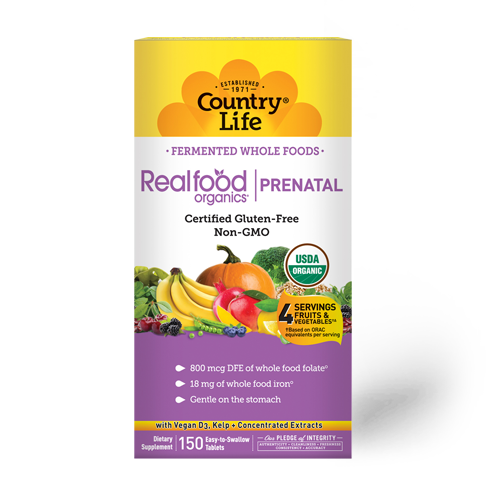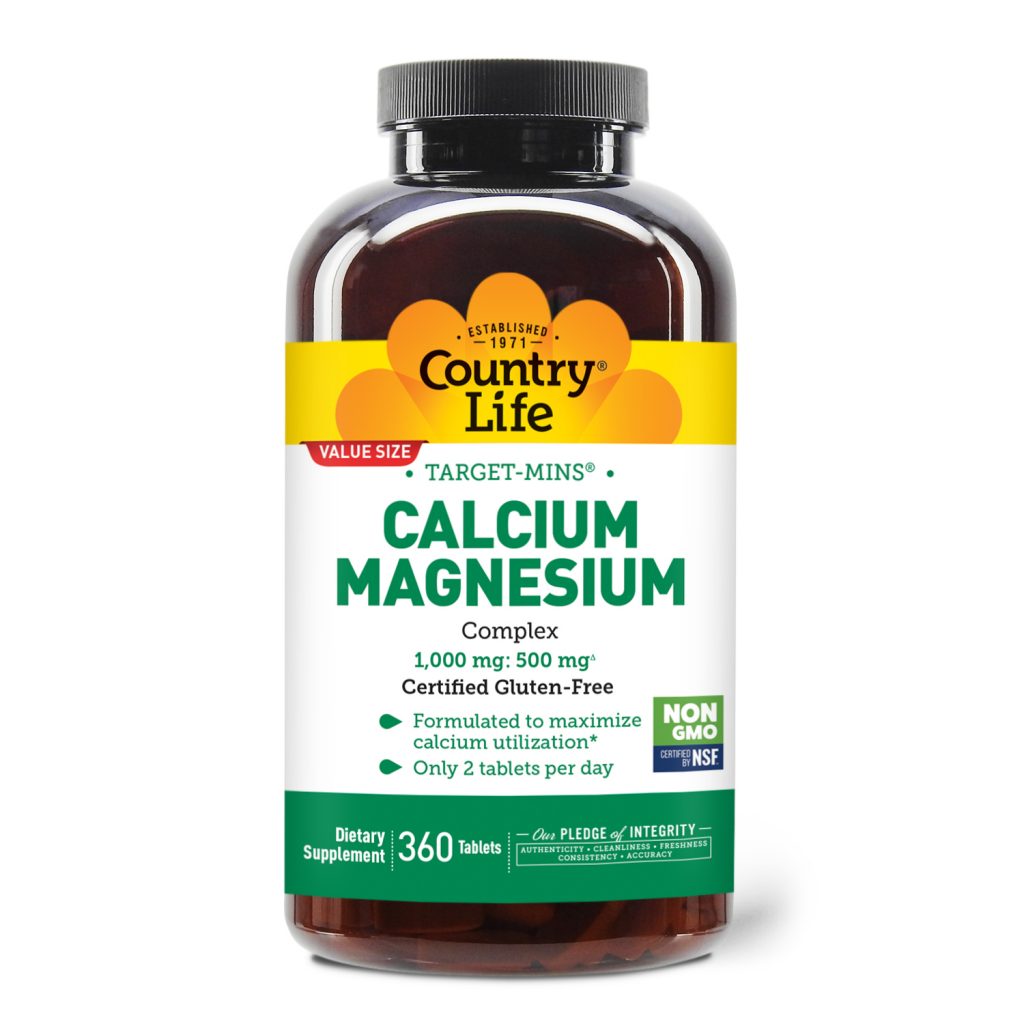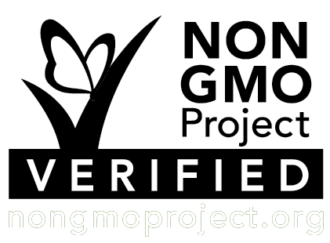The Vitamins and Supplements Your Body Needs to Support Your Mental Health
Focus & Fitness

If you’re planning on having a baby or are newly pregnant, you likely have a million questions running through your head. From wanting to know how long pregnancy is and what are common pregnancy symptoms to wondering how to have a healthy pregnancy overall – and more – there’s a lot to know!
But there’s no need to get overwhelmed. In this Guide to a Happy & Healthy Pregnancy Journey, you’ll find answers to several of the most popular questions women have about pregnancy, along with the top pregnancy tips.
A full-term pregnancy is considered 40 weeks, which consists of three trimesters or pregnancy stages. During each of the three pregnancy trimesters, specific fetal developments occur.
During the first trimester a baby’s body structure and organ systems develop. This is the most critical time of a baby’s development.
Your body also undergoes major changes during the first trimester and many women experience pregnancy symptoms such as nausea and fatigue.
While every woman is different, many women experience a sort of “reprieve” during the second trimester, with many unpleasant first trimester symptoms going away. However, while you may have more energy and less nausea, new symptoms such as leg cramps and heartburn may appear.
On an exciting note, you may be able to feel your baby’s first little movements during this trimester!
Some of the symptoms you may experience during this final home stretch include shortness of breath, sleeping issues, urinary incontinence, and hemorrhoids. But this is such an exciting stage regardless of symptoms, as you’ll soon be meeting your little one!
There are a variety of symptoms that may occur throughout pregnancy and, as mentioned above, the specific symptoms typically change from trimester to trimester. Additionally, as every pregnancy is unique, the symptoms can vary from individual to individual.
That being said, some of the most common early pregnancy symptoms can include:
To optimize your health before, during, and after pregnancy, follow the top tips below to help keep yourself mentally and physically healthy throughout your pregnancy journey – and increase your chances of having a healthy baby.
While eating healthy is always important, it’s especially critical during pregnancy since your baby needs nutrients to grow healthy. Healthy pregnancy food includes fruits and vegetables, whole grains, and foods that are rich in calcium.
Healthy pregnancy meals and snacks should include foods that are high in protein, low-fat dairy products, foods low in saturated fat, and fresh produce.
A good daily prenatal vitamin , like Real Food Organics ® Prenatal, can help you and your baby get important nutrients, such as iron, folic acid, iodine and vitamin D. You might also consider adding the Country Life Calcium Magnesium Complex to support healthy bones.


Be sure to check with your medical professional before you start taking any prenatal vitamins or other supplements to determine which ones are best for you.
As with a healthy diet, drinking plenty of water and staying hydrated is an important health practice for everyone. However, it’s especially important for pregnant women to stay hydrated by drinking at least 8 cups of water a day since their bodies need more water than they did before pregnancy.
Alcohol and smoking can negatively impact a baby’s health starting from the very beginning of pregnancy. Drinking alcohol increases the risk of having a baby with fetal alcohol spectrum disorder (FASD), which can cause abnormal facial features and significant learning disabilities, as well as behavioral issues.
Smoking increases the risk of sudden infant death syndrome (SIDS), premature birth, miscarriage, and more.
A great way to stay healthy and feel good during your pregnancy is by getting exercise daily and staying active. Just 30 minutes of exercise or activity a day can be extremely beneficial. Check with your doctor to find out what pregnancy exercises are safe, as well as how much physical activity is recommended for you.
While it’s impossible to reduce all stress in life, avoiding stressful situations where possible and finding ways to reduce and manage stress can improve your health and your baby’s health during your pregnancy.
Try managing stress by relaxing as much as possible and having friends and family members help out however they can.
Get between 7 and 9 hours of sleep every night. To set yourself up for a good night’s sleep, it’s important to establish a consistent nighttime routine.
Keep all of your prenatal appointments and, if you need to miss one for some reason, be sure to reschedule it as soon as possible.
Follow these healthy pregnancy tips and enjoy your pregnancy journey! And after your little one is born, be sure to continue to prioritize your health all year long so you have the energy and overall health to care for your growing child.
Start getting back into a healthy routine as soon as possible by establishing some daily wellness rituals that can be easily incorporated into your schedule and that make you feel great.











DISCLAIMER: ** These statements have not been evaluated by the Food and Drug Administration.
This product is not intended to diagnose, treat, cure or prevent any disease.